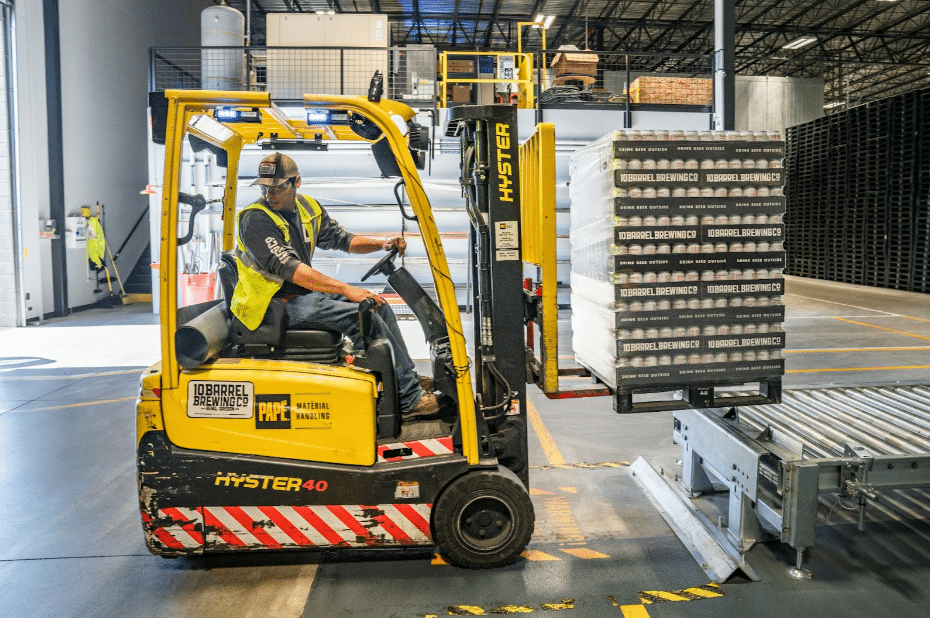The rapid pick-up of goods from the warehouse point and delivery to the customer is crucial to the smooth execution of business transactions, as well as buyer satisfaction. It is with this aspect that last mile logistics, that is, activities centered around the final stage of transportation and final delivery of specific products, is closely related. The activities that logistics companies perform in this regard are not the easiest, and every day requires careful planning, anticipation, organization and streamlining of a number of different processes. Find out what last mile logistics is and what you should know about it.
What is last mile logistics?
To better understand the activities and challenges to suppliers in last-mile logistics, it is useful to analyze the entire supply chain from this angle, which can be divided into:
- first-mile logistics – logistics activities in this area focus on the delivery of products from manufacturing plants to major distribution warehouses,
- middle-mile logistics – these are transportation activities aimed at moving specific products from the main warehouse to regional distribution centers,
- last-mile logistics – this involves the transportation of specific, including retail products from regional warehouses to the target customer. An example of last-mile logistics could be the transportation of a purchased product from an online store to the customer’s address or to a designated pick-up point. Thus, this is an extremely important stage of the entire logistics process, to which customers and clients are placing higher and higher demands every year.
Last mile logistics and modern technologies
In today’s world, the entities that carry out transportation as part of last-mile logistics have increasingly high expectations. Orderers and buyers want ever faster and safer deliveries on convenient terms and with the possibility of convenient payment or tracking of the entire transportation process. That’s why logistics and transportation companies are constantly working to implement more conveniences, green solutions and innovative systems. Currently, efficient last-mile logistics is helped by, among other things:
- the participation of artificial intelligence in automatically matching the type of shipment to the appropriate mode of transportation,
- optimization of routes in terms of delivery addresses in a specific area, allowing transportation to be completed as quickly and economically as possible,
- optimizing loads and scheduling container loads by destination,
- GPS and tracking of delivery fleets linked to mobile apps that can be accessed by consignees and dispatchers.
Last-mile logistics and today’s challenges
With interest in both retail and wholesale online shopping growing year after year, the need for last-mile logistics service providers is also increasing. Thus, more carriers and solutions are emerging to make shipments arrive even faster and can be picked up at any time of the day or night.
At the same time, there is also growing competition among these providers and demands on them from customers. All this translates into the need for continuous improvement, implementation of new technologies and green solutions.

